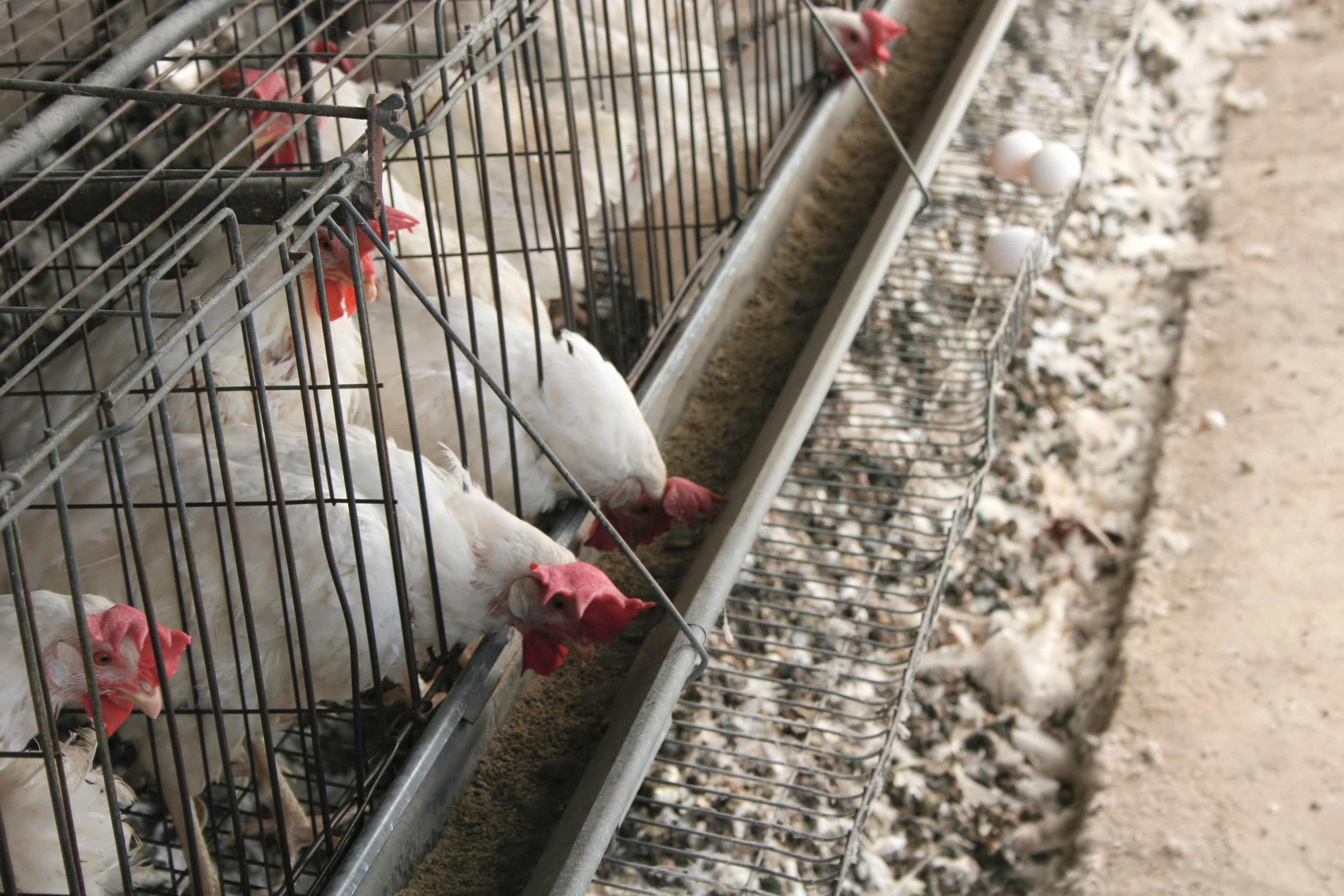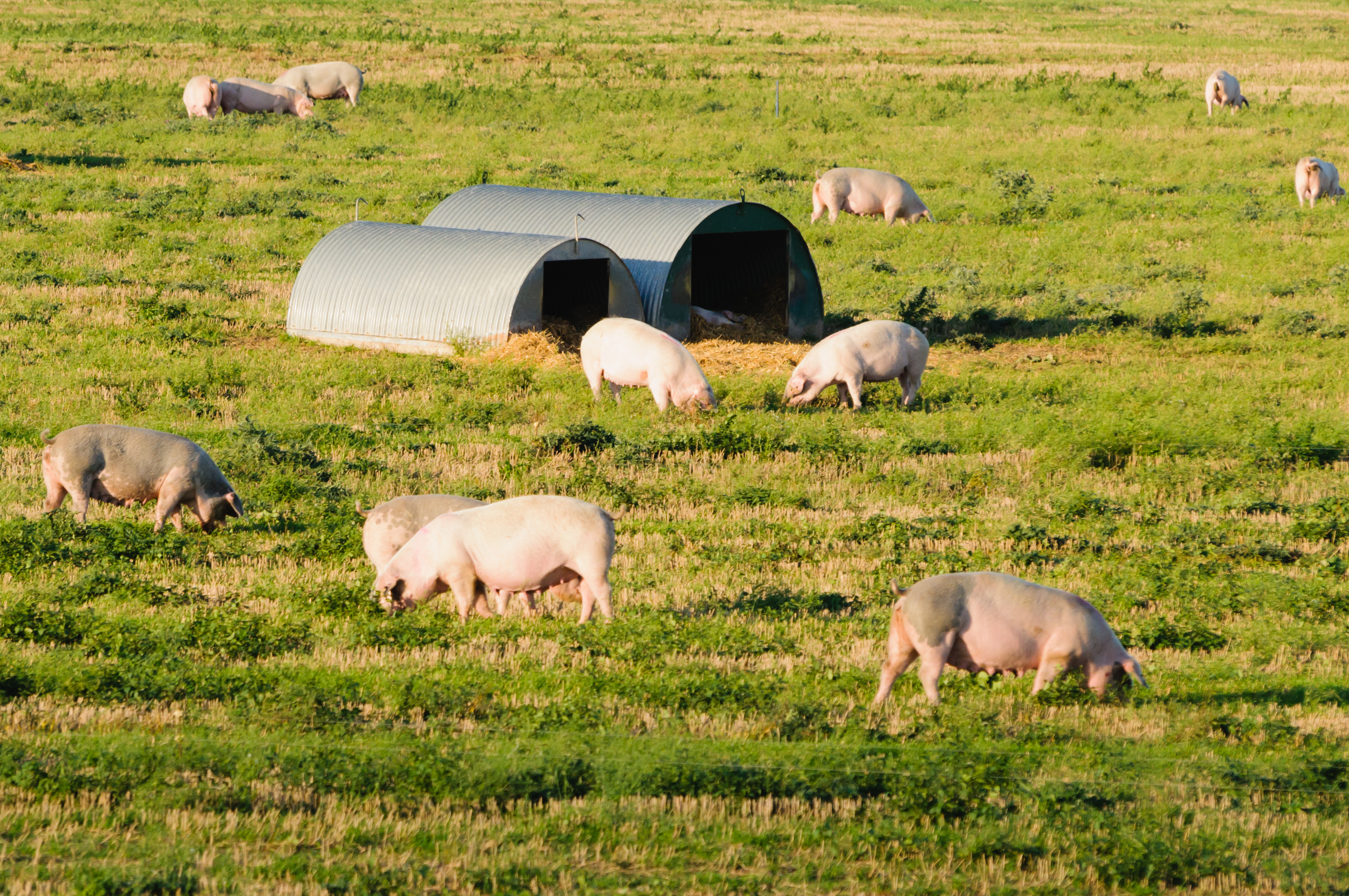



Caged animal farming must end in EU, European Commission says
The European Commission said on 30 June it would propose legislation to phase out caged farming of animals, after a citizens' petition calling for the ban gathered more than one million signatures.Reuters reports that the European Commission said it would propose legislation in 2023 to phase out and eventually ban caged farming for all animals covered by the citizens' proposal, possibly by 2027.


That includes rabbits, young hens, quails, ducks and geese. Laying hens, sows and calves are already covered by EU rules on the use of cages, although laying hens can be kept in "furnished" cages that provide more space than tightly packed battery cages.
The European Parliament and the EU's 27 governments must agree and countries would be responsible for enforcing the rules.
"Animals are sentient beings and we have a moral, societal responsibility to ensure that on-farm conditions for animals reflect this," EU health commissioner Stella Kyriakides said in a statement.
EU animal welfare standards are among the world's highest, although more than 90% of the EU's farmed rabbits are housed in cages, and in 2019 half of laying hens were kept in cages.
"It feels like one of these moments in history when the tide is turning. The animal advocacy movement succeeded in rattling the cage and planting the seeds of a new era," said Olga Kikou, head of campaign group Compassion in World Farming EU, and one of the citizens leading the petition.
The European Parliament has also said it supports a ban, and raised concerns about conditions in farming where animals lack the space to stand fully or turn around.
Farmers will be able to receive EU subsidies to help them upgrade to new animal farming systems, the Commission said. EU countries can also apply for money from the bloc's €800-billion ($951 billion) COVID-19 recovery fund to help with the transition.
Brussels is also planning a broader update of the EU's laws on animal welfare.
Copa and Cogeca, a key farming union within the EU, welcomed many of the animal welfare safeguards proposed by the Commission, but said that an impact assessment must be conducted on the policy. The group also stressed that the stringent animal welfare standards needed to be applied to farm goods imported to the EU, otherwise the internal agriculture sector would not be competitive.


In a statement issued on 30 June, the group said:
“The European farming community is aware of the consumer concerns on animal welfare. However, we must not forget the complexity of the investments and efforts that lie behind these proposals.
“We welcome the transitional and accompanying measures as proposed by the Commission, namely support within the CAP, farm products promotion policy, information campaigns and training and the option of an EU animal welfare labelling (as proposed by the Commission's Animal Welfare Platform).
“While we can support the approach taken by the Commission on the internal market, we are very sceptical about the limited number of proposals made on external trade… Copa and Cogeca would wish that our high animal welfare legislation and the efforts made by European farmers are also respected and followed by the food imported into the Union.”
($1 = €0.8412)









